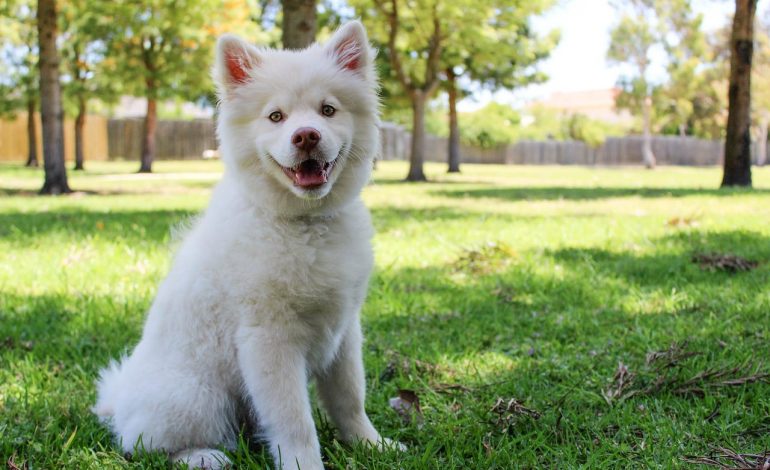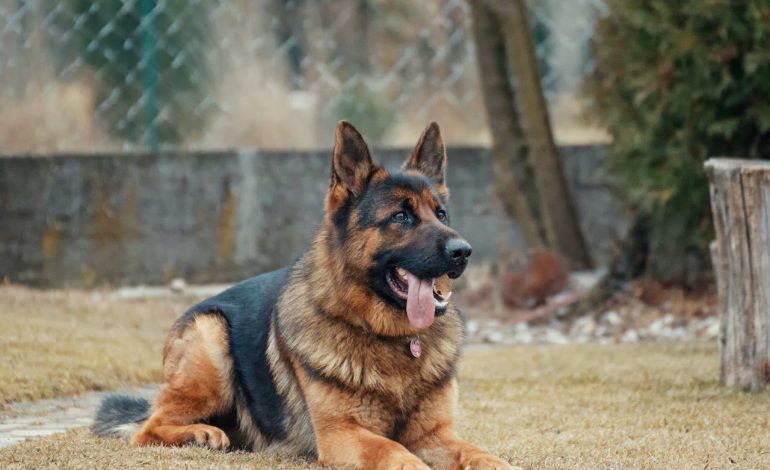Does Your Dog Have Separation Anxiety?

Separation anxiety can be a very difficult problem for dog guardians to deal with, particularly since the most intense behavioral reactions from dogs happen when no one is home, which hampers efforts to modify the behavior. Dogs with separation anxiety display a variety of symptoms from mild to severe which include:
- Destruction
- Self-injury
- Drooling
- Inappropriate elimination in the home
- Intense barking
- Whining and/or howling
Dogs may also display attempts to escape the home, such as destruction around doors and windows, and may even break out entirely. Separation anxiety is one of many behavioral problems that can often lead to a dog being turned into a shelter, or euthanized, because the guardian is either overwhelmed dealing with the problem, or is forced (do to neighbors complaining about the noise [if the dog engages in excessive barking and crying])1,2.
How do dogs get separation anxiety?
How do dogs develop this behavior? And are there identifying factors regarding dogs that have, or may have, the potential to develop separation anxiety? Theories regarding how separation anxiety develops in dogs include factors that are both nature (genetic) and nurture (environmental). Dogs may develop it because they have underlying emotional issues such as anxiety and fear, or they may develop it because the way they were raised as puppies led to an over-attachment to their human guardian or guardians. Dogs that have been rehomed and stayed in shelters are also thought to be at higher risk, as well as dogs that experienced a loss (such as of another pet or a human). There are many studies that give contradictory results, so researchers are still actively studying the underlying causes of separation anxiety; particularly because estimates indicate between 29 to 50% of dogs may suffer from mild to severe symptoms, which makes it a serious behavior problem to tackle for the health and well-being of dogs and the reduction of shelter relinquishments and euthanasia3,4.
What can you do about separation anxiety in dogs?
Dogs with this condition should be seen by a qualified professional such as a veterinary behaviorist or a dog behavior counselor working in conjunction with a veterinarian. Drugs may or may not be necessary for the dog in order to bring him down to a level where he is calm enough to learn from behavior modification techniques. Certified Dog Behavior Consultant Katenna Jones, ScM, ACAAB, CCBC, CDBC, CPDT-KA states, “SA cases are frustrating. Frustrating for the owners whose home is damaged and pet distressed. For the pet who doesn’t understand the owner will come back. And for me when very few clients see it through to the end. Time and patience are critical and, with them, success is possible.”
Many dogs, however, often display similar behaviors to dogs with separation anxiety and are often “misdiagnosed” by their guardians as having the condition. As a Certified Dog Behavior Consultant, I often saw dogs that were destructive, highly active, and engaged in excessive barking and howling that were not, in fact, anxious. Most often it was because these were young, adolescent dogs to young adult dogs (up to three years of age) who simply were not getting anywhere near enough exercise for their age, breed, and energy level. Dogs like this often remind me of the adage, “Idle hands make the devil’s work” – if the dog is idle and is not given anything to do or any way to exercise and burn off energy, he will find the most creative, destructive and annoying ways to engage in something to stave off boredom. As a result, owners can see this as an anxiety issue since it most often happens when they’re not home.
It’s important, if you have a dog engaging in the behaviors described, to work with a behavior professional who can take a full history of your dog and determine whether your dog needs more physical and mental enrichment, or if he is suffering from a serious behavioral condition. If your dog suffers from thunder and noise phobia, finding qualified behavior help is highly recommended. Visit the American College of Veterinary Behaviorists, the Animal Behavior Society, and the IAABC to find a professional near you.












